
Penn and Kim Holderness’ New Book ‘ADHD Is Awesome’ Is a Technicolor Joyride
April 29, 2024 by Mikhal Weiner from Parents.com The Holderness Family shares their ADHD journey with the same humor and wit that made them a viral sensation. In case you,

April 29, 2024 by Mikhal Weiner from Parents.com The Holderness Family shares their ADHD journey with the same humor and wit that made them a viral sensation. In case you,

June 28, 2023 by Richard Steinberg, M.D. from ADDitude.com Think you’ve tried it all to get your child to sleep? Make sure to review these basic strategies – from devising

It can be so hard to start thinking about school mid-summer when we’re experiencing sunny, 80-degree days and 9pm sunsets. Who wants to ruin the summer vibe by making a
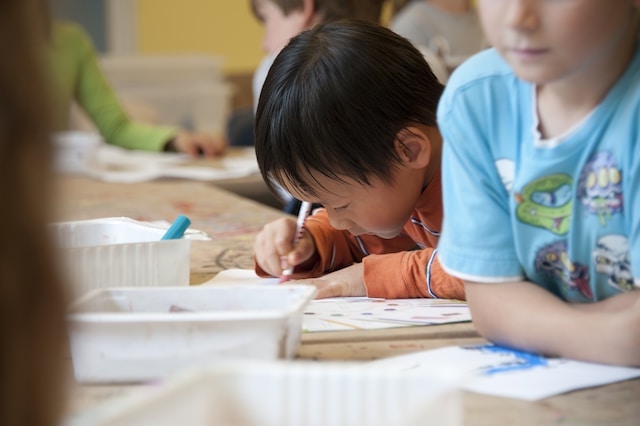
October 28, 2022 from ADDitude Editors 8 straightforward steps — from requesting a school evaluation to monitoring accommodations — to help parents develop the best IEP or 504 Plan possible
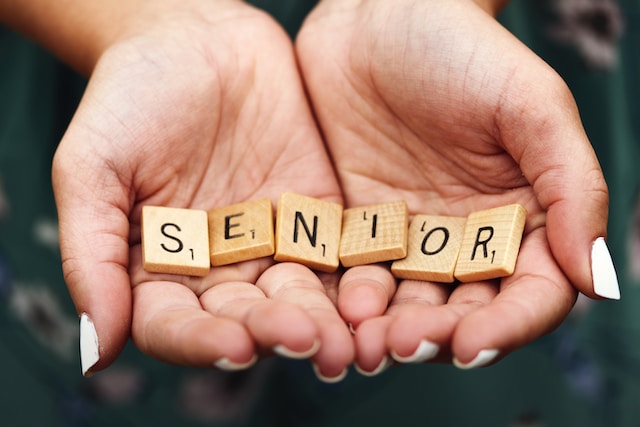
Teens know “everything,” amiright? They can drive, serve as your personal IT consultant, make TikTok recipes, find a meme about anything, and thrift for amazing finds. But as your teen

Paper. It’s one of the things we just can’t live without, though most of us try to minimize our use of it, and recycle or shred what we can. The
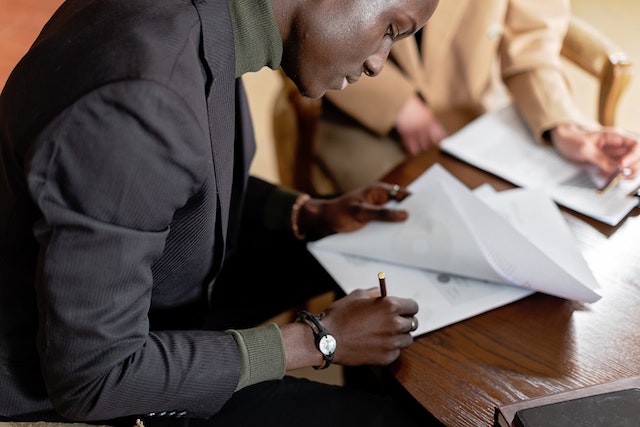
Do you have a Last Will and Testament? Excellent! It is an essential part of your estate plan, and will make things clearer and easier for those you leave behind.

by Rachel Christian September 23, 2022 on RetireGuide.com Downsizing for retirement takes planning, hard work and time. It involves organizing your current home, donating unwanted items, putting your house up
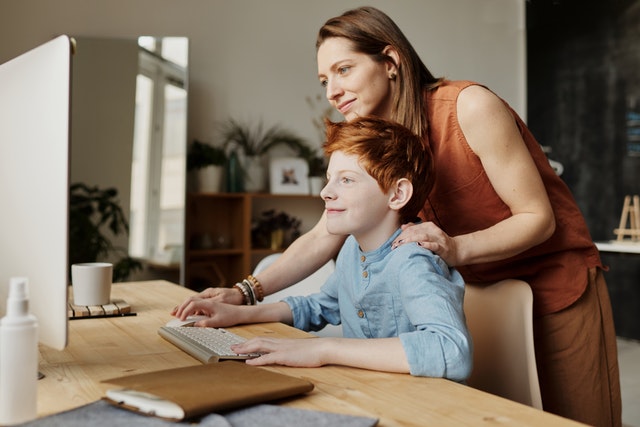
With only a few weeks left before school starts, it’s time to start preparing for the new school year. Starting the year off with an organizational plan will definitely get
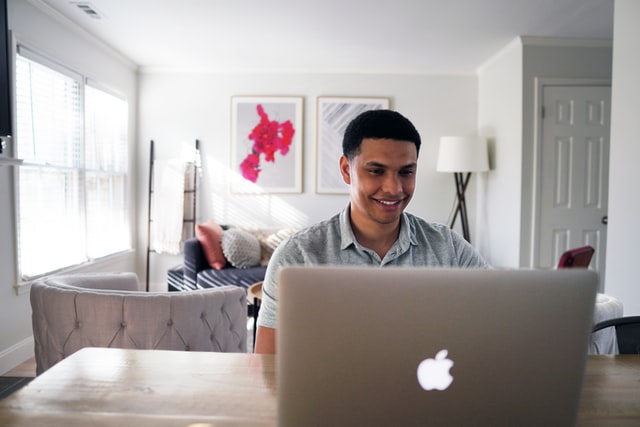
There are many things we should all check periodically, but this article will focus on the three biggies you should definitely check on an annual basis.